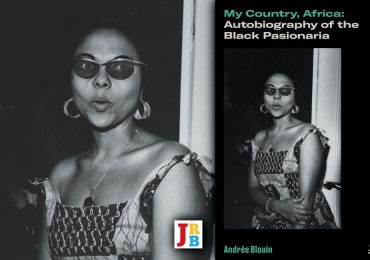Alain Mabanckou’s new novel, Les cigognes sont immortelles, spans three important days in the life of a Congolese boy from Pointe-Noire named Michel.
After Lumières de Pointe-Noire (The Lights of Pointe-Noire) and Petit Piment (Black Moses), Les cigognes sont immortelles marks a third return to the Congo-Brazzaville-born Mabanckou’s roots. The author has noted before that they run deep, writing in Lumières de Pointe-Noire:
« Cette ville et moi, nous sommes en union libre, elle est ma concubine, et cette fois je semble lui dire adieu. »
Or, in the English translation:
‘This town and I are in an open relationship, she is my concubine, and this time I seem to be saying adieu.’
Michel is young, only thirteen, a dreamer but perceptive. Through him we explore both the casual humour of daily life in Pointe-Noire and the impact of a crucial moment in Congolese history.
Michel lives with his mother, Pauline, a well-known banana wholesaler in their area of Voungou, and the man he calls his father, Papa Roger. Papa Roger is polygamous and has fathered many children. He listens to the radio avidly.
It’s 1977, a complex time: Michel learns communist songs in school, ethnic tensions are palpable in the community and the radio channel Voix de la révolution Congolaise crackles in the air. Papa Roger listens to the radio avidly.
One day, Michel and his family hear that President Marien Ngouabi has been assassinated in Brazzaville. With this news, their lives are shaken to core. Power is seized by a military coup and divisions between north and south, as well as within their family, threaten to deepen and throw them all into the chasm.
Watch a video of Mabanckou discussing the novel (in French):





